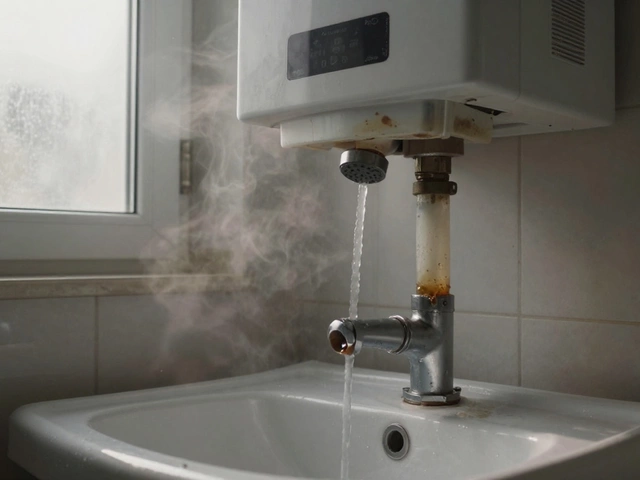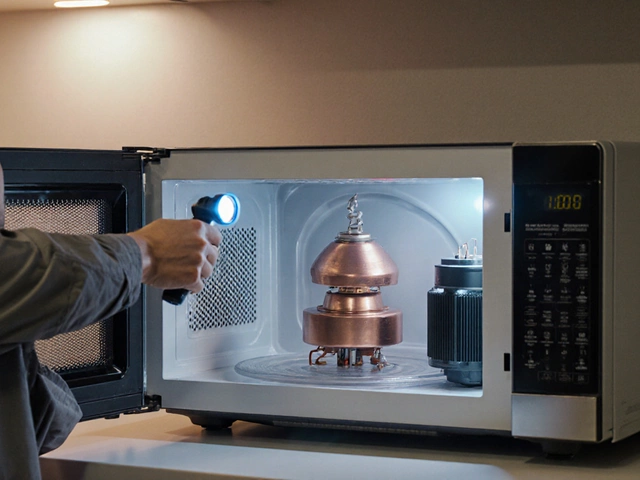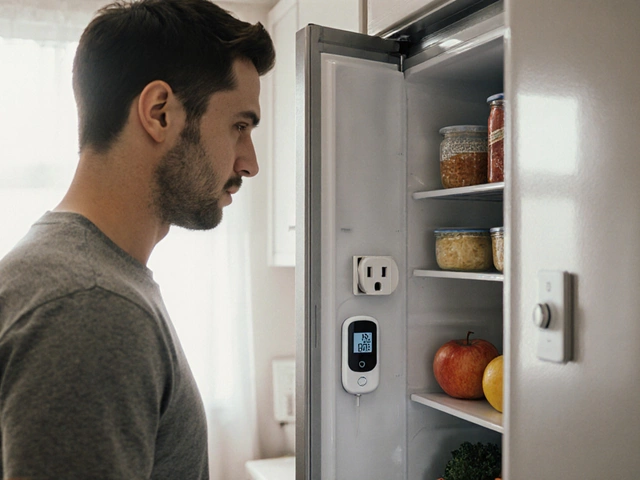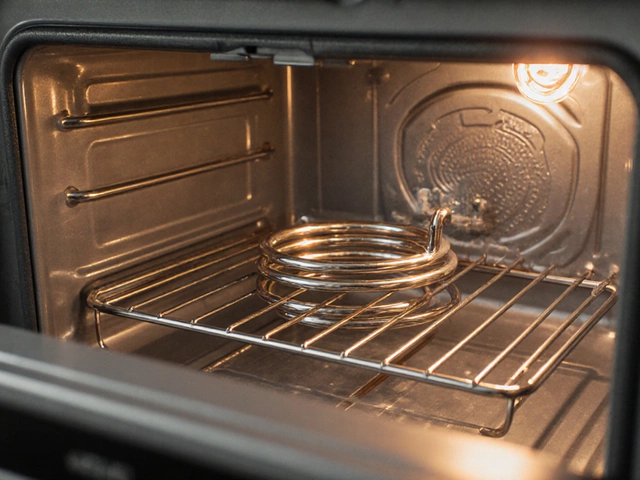Is a 10 Year Old Laptop Worth Keeping? Your Guide to Making the Call
May 29 2025Hot Water Washing: Tips, Tools, and Troubleshooting
When working with Hot Water Washing, the practice of cleaning laundry or dishes using water heated by your home’s heating system. Also known as hot wash, it offers better stain removal and sanitation than cold cycles. Most people assume the process is as simple as turning a knob, but the quality of the wash depends on the equipment delivering that heat.
A reliable hot water heater, the appliance that stores and heats water for domestic use is the backbone of any hot wash. If the heater under‑delivers, clothes stay damp and dishes linger in a tepid soak. Equally important is the boiler, the central heating unit that can also supply hot water for washing cycles. A poorly tuned boiler will cause temperature fluctuations, leading to inconsistent cleaning results. Finally, the washing machine, the appliance that combines agitation and heated water to remove dirt from fabrics must be set to the appropriate hot wash program; using the wrong setting wastes energy and can damage fabrics.
What you’ll discover next
Below you’ll find practical articles that break down the most common problems you’ll meet while hot‑washing: why a hot water heater might stop heating, how long a heater replacement takes, signs that your boiler needs service, and quick fixes for when your washing machine won’t reach the right temperature. Each guide ties back to the core idea that hot water washing works best when the heater, boiler, and appliance are all in sync. Dive in for clear steps, cost insights, and safety tips that keep your home warm, your laundry fresh, and your water heater humming.
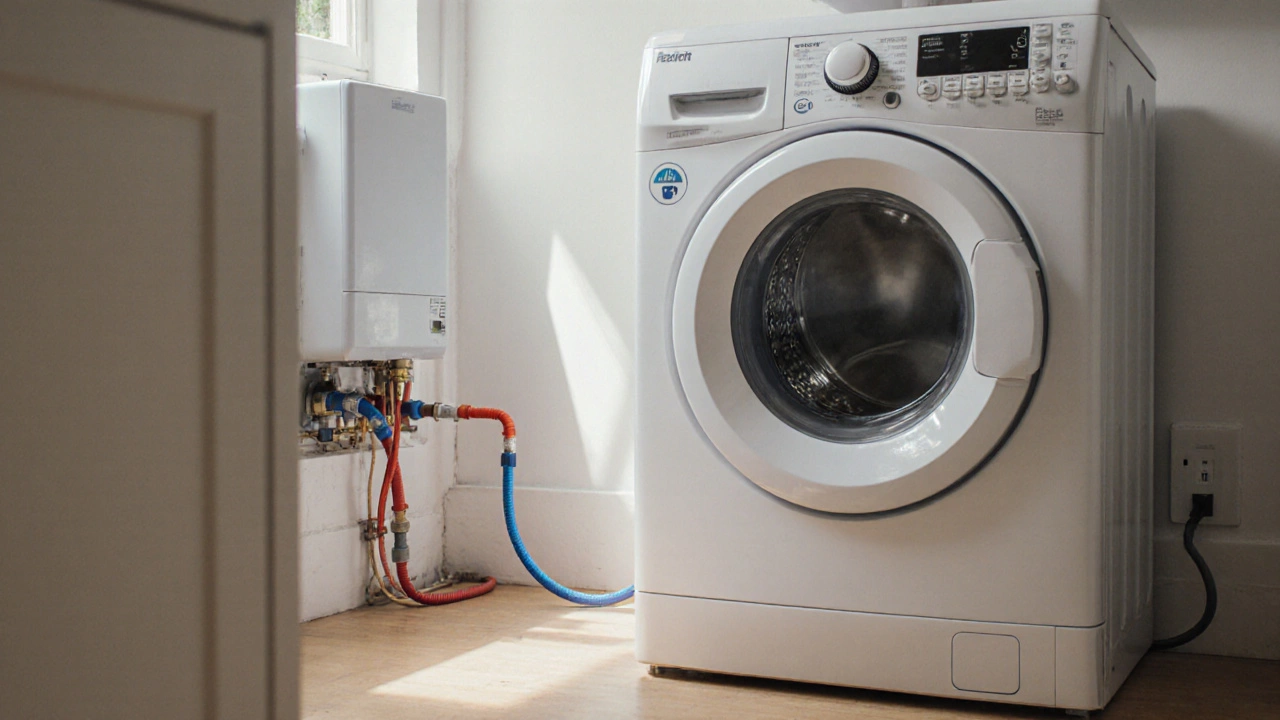 17 Oct
17 Oct
Can a Washing Machine Run When the Boiler Is Broken? Full Guide
Find out if a washing machine can still run when the boiler is broken, what functions are affected, safety checks, and step‑by‑step troubleshooting.
Read More...
